Thinking of switching to an electric car? Finding out how much it will cost you to charge is the first answer you need to find out.
Sadly that answer isn’t simple, because it depends on where and how you charge.
Charging at home is usually much cheaper than using public chargers. But even at home, costs vary depending on your energy tariff and the type of charger you install.
Public chargers add another layer of complexity. Prices change based on the charging speed and provider. Fast and ultra-fast chargers are convenient but come at a premium.
Then there's VAT to consider. Home charging is taxed at 5% but public charging is hit with a 20% rate.
Charging comparison
| Charging Location | Typical Cost per kWh | VAT Rate | Speed | Notes |
|---|---|---|---|---|
| Home (standard tariff) | 27p | 5% | 3-7kW (slow/fast) | Most cost-effective if charged overnight |
| Home (EV-friendly tariff) | 6p–15p | 5% | 3-7kW (slow/fast) | Cheapest option, typically off-peak overnight |
| Public (fast charger) | 40p–60p | 20% | 7–22kW (fast) | More expensive, suitable for short top-ups |
| Public (rapid/ultra-rapid charger) | 60p–85p+ | 20% | 50–350kW (rapid/ultra-rapid) | Fastest but highest cost |
How much will it cost to charge my car at home?
The vast majority of electric car drivers charge at home, where it's not only cheaper to do so but also far more convenient. Even with the recent hikes in electricity prices, you will still be saving cash on every refill compared with a traditional petrol or diesel car.
For example, charging a Kia Niro EV with a 64.8kWh (usable) battery and a claimed 285-mile range at home will cost around £17.50 for a full charge, based on the current capped tariff of 27p (£0.27 x 64.8kWh). This figure assumes you're charging an empty battery to a little short of 100%, but in reality you're likely to be charging from around 20% to 80% – the minimum and maximum amounts for best preserving battery cell life.
Some energy providers offer special tariffs for electric car owners, providing even cheaper rates for overnight charging. You might see this advertised as off-peak. For instance, E.on gives seven hours of electricity per night at 6.7p/kWh. If you’re able to complete a full 64.8kWh charge solely on that off-peak rate, it would cost less than £5.
Moreover, if your home has solar panels, some chargers can use this ‘free’ energy to charge your EV, further reducing bills. There are even trials running for bi-directional charging that allows you to ‘sell’ any surplus power from your EV back to the grid.
Home charging for company car drivers is more complex, owing to the need to prove how the energy has been used. However, drivers can claim 7p per mile for business trips in electric vehicles, which is the easiest way to avoid administrative headaches.
Home wallbox costs
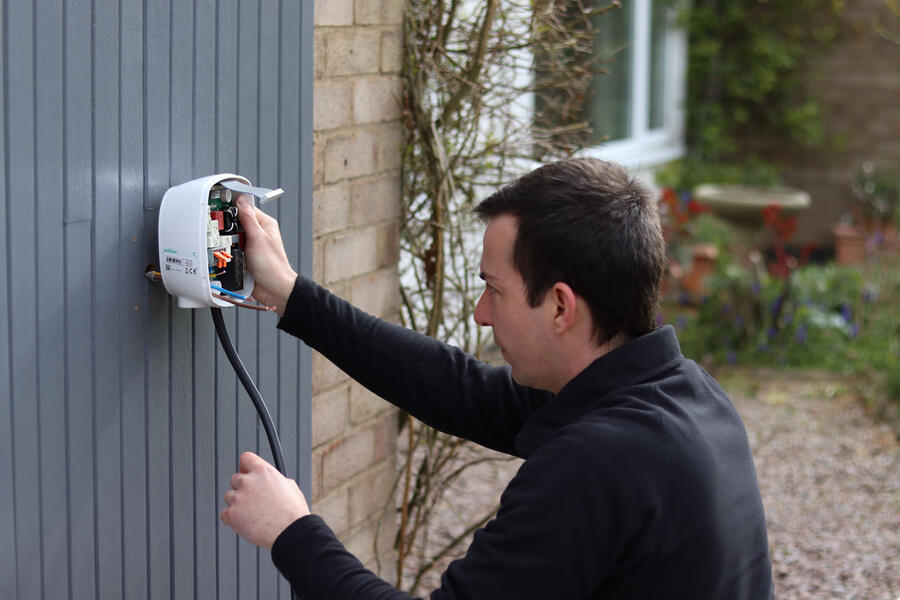
It's possible to use the factory-supplied three-pin plug charger when refilling your EV's battery cells, but charging times are lengthy and most manufacturers advise this method is for emergency use only.
Prices vary, but you can expect to pay £500-£1500 for a smart home wallbox that will communicate with your phone, allowing you to control it remotely.

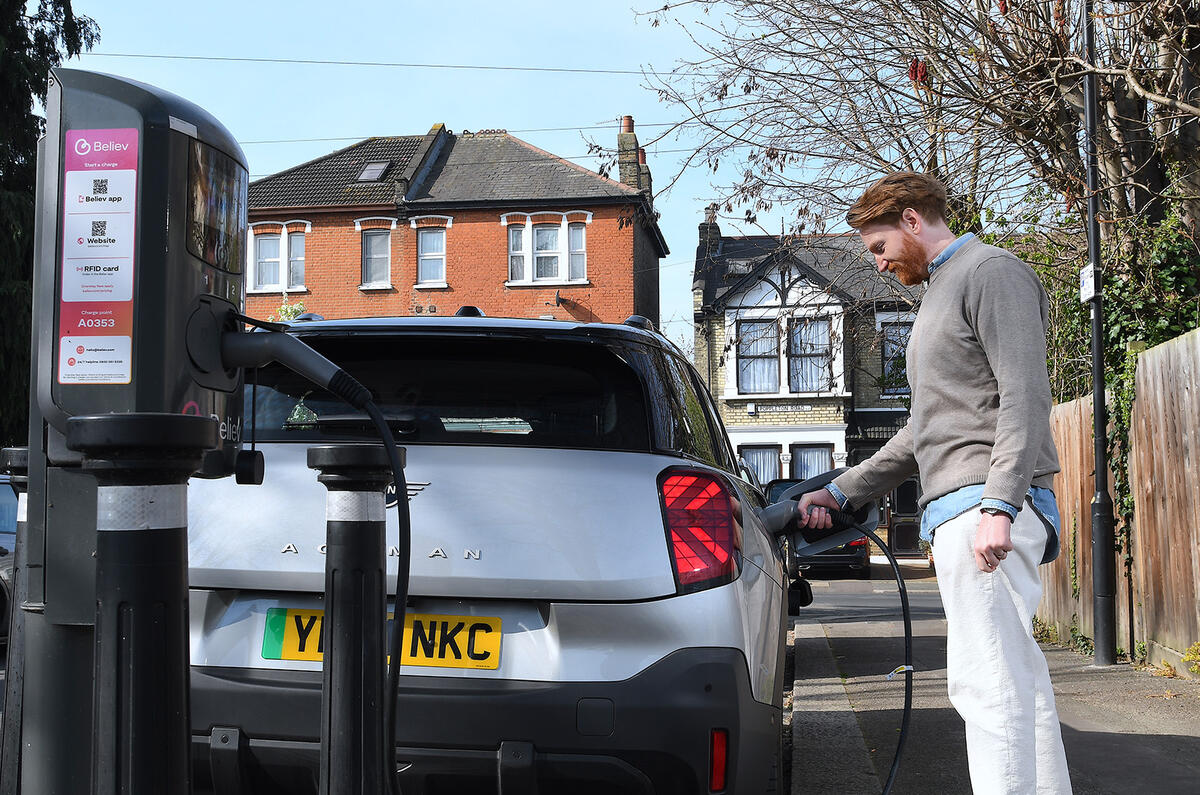





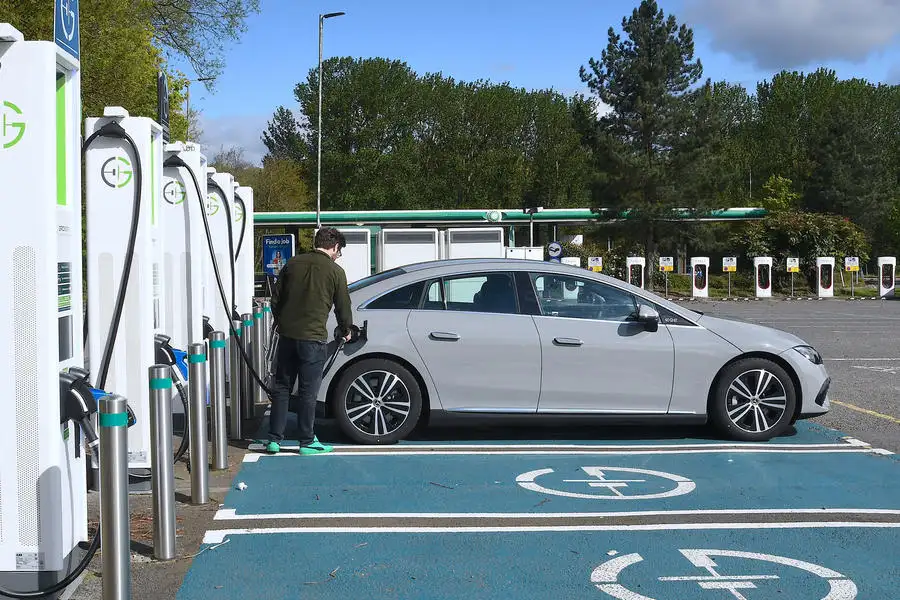
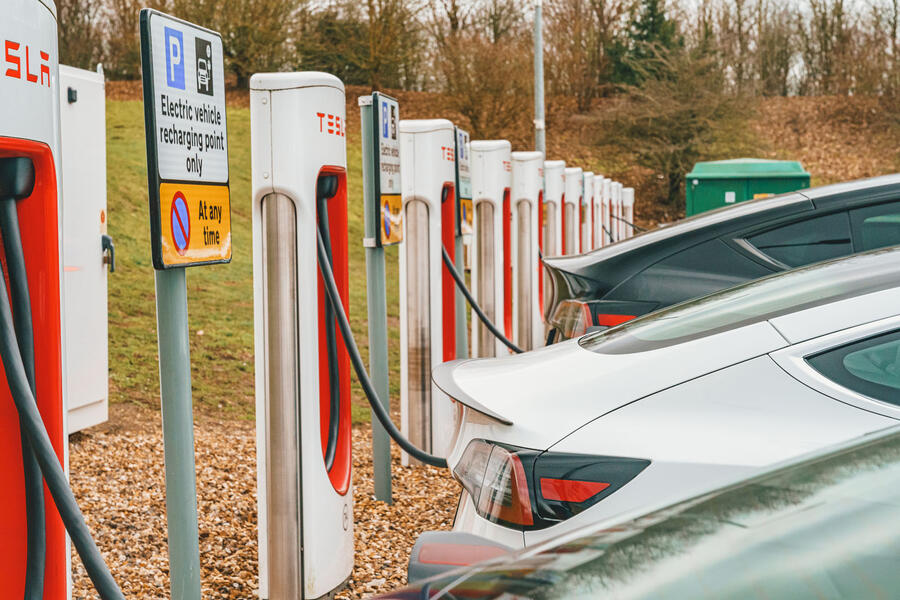

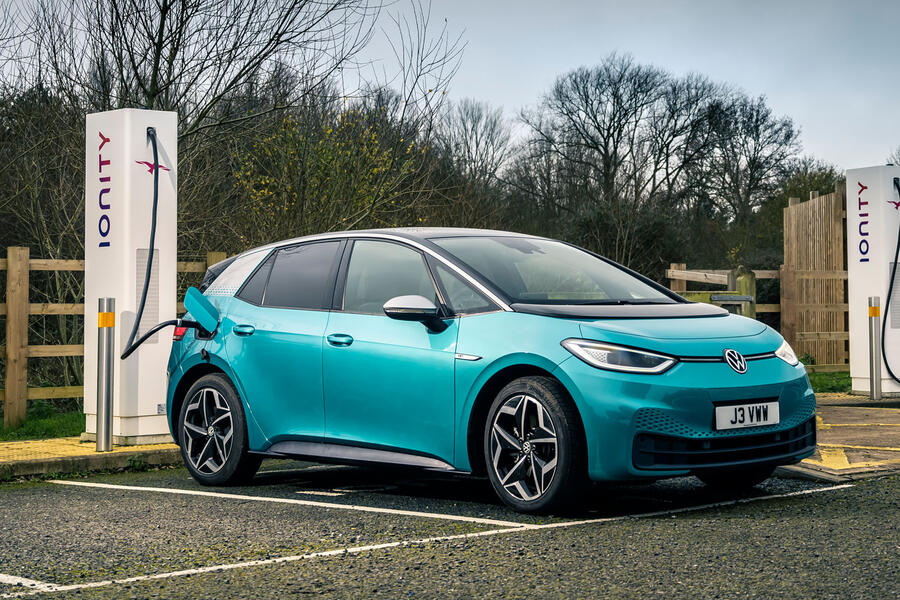




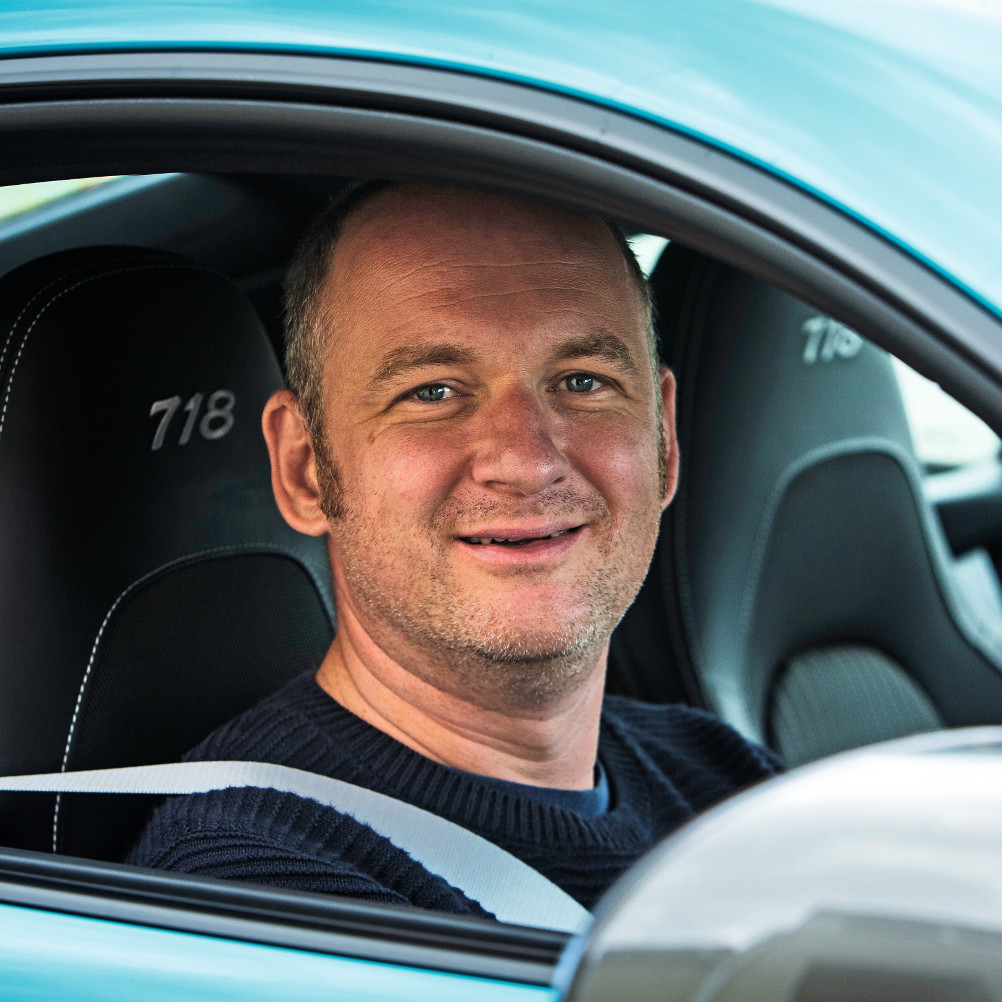

Join the debate
Add your comment
Either a poorly researched article or what seems to be more Autocar anti Tesla bias, Tesla superchargers typically cost 40 pence or so per kWh, not 54p upwards as quoted, at off peak times the Superchargers are cheaper still. Home charging on an intelligent tariff with Octopus is 7p per kWh because Tesla's communicate with Octopus, not the case with all cars. The one thing they got right is it is complicated, unless you're driving a Tesla.
That £10K difference is roughly the cost of petrol to drive 60,000 miles. Add the extra depriciation and your up to the cost of petrol to drive 90,000 miles. Extra insurance costs, maybe a bit less on servicing. Put £10k in a savings acoount an that will earn you about £400 per year after tax.
Add the cost of electric charging and you probably have to do well over 150,000 miles to break even.
Tell me if I'm wrong.
You're wrong. You've not done specifics, you forgot to mention taxation, better car etc. As to the putting 10k into a saving account you'd get 400 back, you do realise inflation would negate that.
One more thing, compare a 29k base BEV Leaf against the base Corolla which is 30k. Not that simple is it.
You're very wrong.
I'd add to my last post that I passed a Reg Vardy garage today with ORA's being displayed at the entrance with large stickers showing special offers. It reminded me when I sold my old car to Vardy back in August, that garage too had Ora's outside. I asked the sales guy what the cars were like, not that I was interested in buying one, and he said they can't shift them. Apparently Vardy regret taking on the franchise. He said it's hard shifting any used EV's. Aparently the prices of higher end EV Audi's were dropping like bricks. I think the top 10 highest depreciating cars in the UK were all EV's.
Not according to What Car 2023, 7 in the bottom 10 were EV's and not a single Audi BEV was in the list.